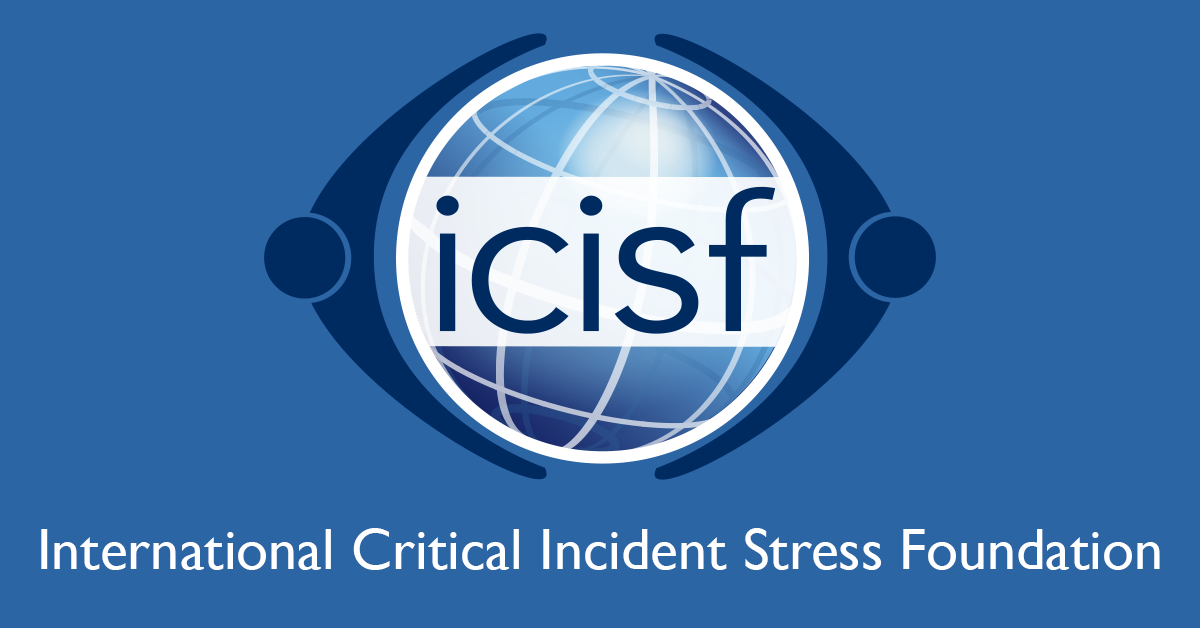|
by Alex Vis, LMHC Not long ago I became certified in Anger Resolution Therapy. Several conversations with fellow “Peacemakers” led to an increased curiosity about my own relationship and history with anger. I was fairly disrupted to find I am more familiar than I had would have admitted. The more I leaned into my story, the more I understood how my personality has been shaped by anger. The more I sat with others, I began to realize the profound impact anger can have on a person’s life. I’ve seen careers fall apart, families dissolve, and trust decimated. I spent time wrestling with questions about anger. And I started to become skeptical that I could look at our daily experience and not find people injuring each other as a reaction to life’s disappointments. It’s a complex issue, though, this anger deal. As a therapist, I have come to believe that emotions themselves are not bad, but indeed they are a gift. They help us make sense of our surroundings, connect with others, and protect us from dangers. It’s easy, however, to understand how anger could be swept into its own category as the one to be wary of. It’s just too dangerous. The problem I had is that this way of thinking is too rigid. I’m too curious to let myself stay scared of something, especially when I can admit that the fear comes from a lack of understanding. So it was time to learn. The primary objective of the training I received was to be able to help people understand that, as the curriculum stated several times, “It is not our situation that causes an emotion, but what we believe to be true about the situation that causes the emotion.” (i.e. (1) When that girl doesn’t text you back within 20 minutes, you may not be angry because of the lack of response. You may assess that the delay speaks to the level of interest she has in you. (2) When your employee shows up late again, or does a poor job on his presentation, your anger may be more connected to a belief that this is heading towards termination, which would require you to work harder and spend more money training the next person). This is good news and it’s bad news. The good news is two-fold; that we might be able to gain a proper understanding of why we are feeling so angry when we do, and that we can begin to manage the impact of our anger by assessing the validity of our beliefs before acting on our anger. I am convinced that if we could implement this extra step of assessment between the inciting event and the anger response, we give ourselves a chance to make better decisions and experience fewer disruptions in relationships. The bad news is that we are efficiency experts when it comes to making practical sense of our inner experience. We are quick to implement an action that in some way relieves us of the discomfort connected to the core belief or fear that surfaces during an interaction. (Think about that middle finger reflex, or four letter instruction towards an errant driver). This is a kind way of saying that humans tends to be quite stubborn and cognitively lazy! Some are several decades into this life experiment, so to suggest unlearning dysfunctional habits and replacing them with concepts that are, to the individual unproven, could seem pretty daunting. The truth is, it’s not easy. It takes courage to make this kind of change, to put forth the kind of effort that may reveal ugly thought patterns, or embarrassing beliefs. But oh how often I’ve seen courage rewarded! My encouragement is for you to lean into the discomfort of your anger. It is important that anger does not control us or remain unchecked within us. We are all responsible for the actions we take in anger that impact others around us. But there is no condemnation in the reality of your anger. Anger is not a problem to be fixed, resolved, solved, or suppressed. It is not a sin to feel anger, and it’s not unnatural to find oneself upset in situations that are intensely disappointing. Our brains are wired in such a way that only in extreme unhealth or injury can one navigate the complexity of life and human relationships without experiencing this God-given emotion. More about the biology of anger later. For now, just take a minute to check in with yourself, a parent, or your spouse. Have you hurt a loved one and you don’t even know why? Do you enjoy the energy that anger can offer you? Is it difficult to avoid the comment section on that site, even though you know how quickly those ugly interactions wreck you? Maybe you could use a little help being curious about what those beliefs behind your anger are all about. Perhaps someone can sit with you and get to know even that dark part of you that you would never show others. Maybe their reaction will surprise you. Just maybe your clenched fist will relax a bit as the shame of your anger melts away.
0 Comments
|
ELBOW TREEArchives
July 2023
Categories
All
|



 RSS Feed
RSS Feed














